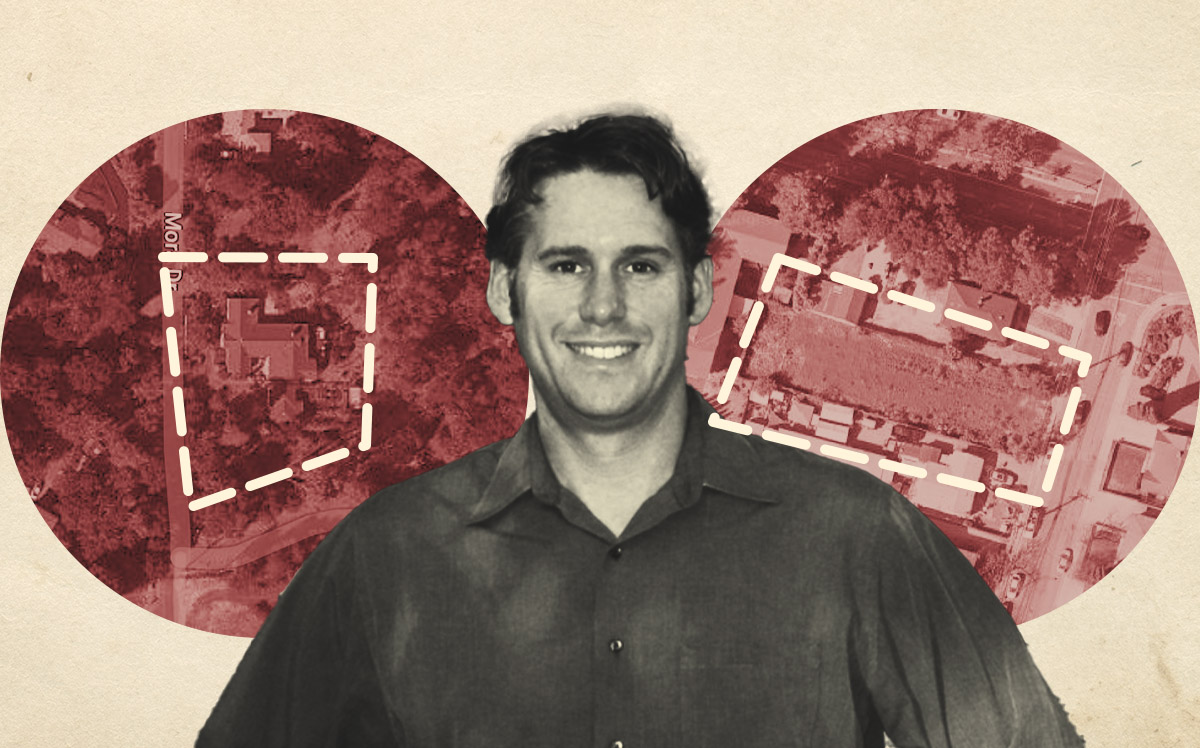Concord-based developer DeNova Homes has filed an application to build 64 apartments in Sonoma under the builder’s remedy legal strategy, but the city claims it isn’t required to have its housing plan certified by the state, so the builder’s remedy argument is invalid.
Builder’s remedy is a 1990 legal provision that requires local governments without approved housing element plans to green-light projects as long as 20 percent of the homes are for low-income households, or all of the homes are for moderate-income households.
The provision, intended to spur housing production where it’s most needed, serves as a kind of penalty for cities that fail to plan for enough new housing, and works by revoking local authority over project approvals.
The deadline for cities to have their housing element plans approved by the state was Jan. 31.
Sonoma found DeNova’s builder’s remedy application invalid on Feb. 6 and claims that it is not subject to the penalties of not having a substantially compliant housing element.
“The City of Sonoma approved its 6th Cycle Housing Element as required by the State on Jan. 31 and is prepared to maintain that its housing element is substantially compliant, and that California Department of Housing and Community Development certification is not required for a housing element to be found substantially compliant with state law,” Sarah Tracy, the city’s public information officer, said. “State law provides that a city may adopt its own findings explaining why its housing element is substantially compliant with state law (Section 65585(f)).”
Tracy also indicated that the California Environmental Quality Act, or CEQA, doesn’t fall under builder’s remedy purview and still is enforced through local authority.
“The ‘Builder’s Remedy’ does not relieve the city of its responsibilities under CEQA even if the project would have been relieved of General Plan and zoning requirements,” she said
DeNova’s builder’s remedy application was the second submittal for the same property located at 19320 Sonoma Highway, and the initial proposal is being processed currently. The city is prepared to move forward to release an RFP for environmental services for CEQA review, according to Tracy.
Tracy said that DeNova hasn’t given any indication whether it plans to pursue the builder’s remedy application further or not.
The first submittal called for 50 units, with 26 percent being affordable. Three would be reserved for extremely low income, five for very low income and five for low income. The builder’s remedy proposal called for 64 units with 100 percent being reserved for moderate or middle income, with an option to reserve 20 percent for low income to invoke the affordability requirements of the Housing Accountability Act.
While Sonoma is confident in its right to self-certify the housing element, others claim that argument isn’t valid.
“It’s like when sovereign citizens issue themselves a driver’s license,” Sonja Trauss from YIMBY Law, a pro-housing group, said. “Maybe they are a good driver, but it’s not going to help you at a traffic stop. The whole notion of certification makes self-certification absurd. It’s born out of total desperation and these cities just don’t want builder’s remedy to apply.”
One way that Sonoma’s position might work is that it adds costs and uncertainty to a project, and developers could get uncomfortable with uncertainty and not pursue builder’s remedy projects. However, Trauss said “DeNova is a big developer and they’re in a position to fight the city.”
Read more



